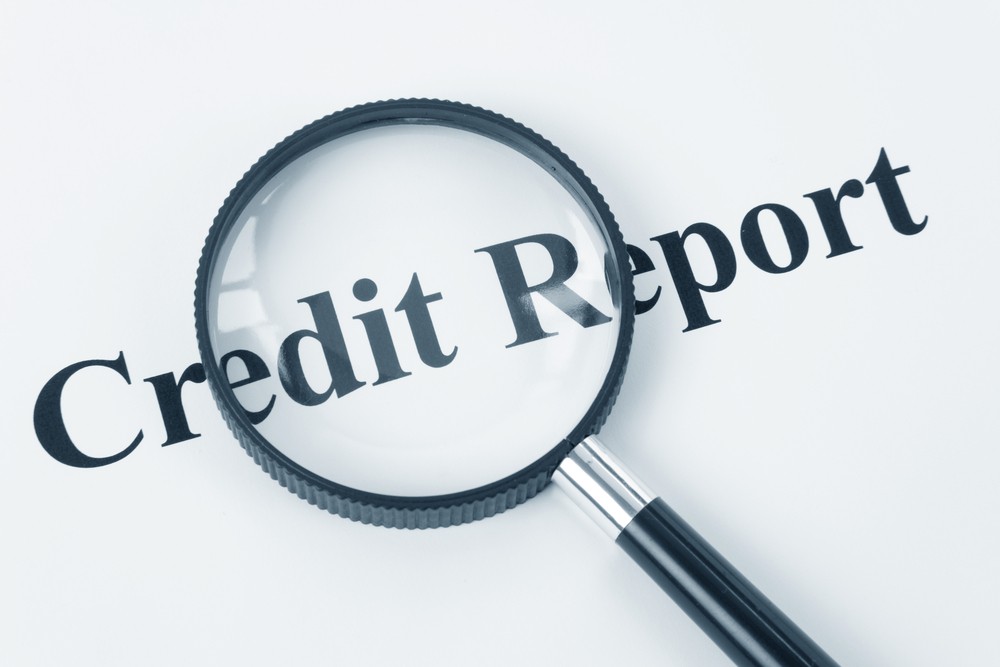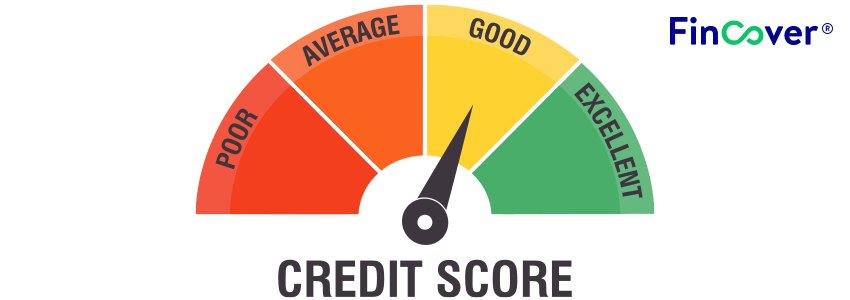Your credit score is one of the most crucial aspects of your financial health. It impacts your ability to secure loans, get favorable interest rates, and even affects your insurance premiums and job prospects. Whether you’re looking to boost your credit score to buy a house, get a better credit card, or simply improve your financial standing, understanding how to effectively and quickly raise your credit score is essential. In this comprehensive guide, we’ll reveal insider tips and strategies to help you raise your credit score fast.
Understanding Credit Scores
Before diving into the strategies to raise your credit score, it’s essential to understand what a credit score is and how it’s calculated. Your credit score is a numerical representation of your creditworthiness, ranging from 300 to 850. The most commonly used credit score model is the FICO score, which is determined based on the following factors:
- Payment History (35%): Your history of on-time or late payments.
- Credit Utilization (30%): The amount of credit you’re using compared to your credit limits.
- Length of Credit History (15%): The age of your credit accounts.
- New Credit (10%): The number of recently opened accounts and hard inquiries.
- Credit Mix (10%): The variety of credit accounts you have (e.g., credit cards, installment loans).
Now that you understand the components of a credit score, let’s explore actionable tips to raise your score quickly.
Insider Tips to Raise Your Credit Score Fast
- Pay Your Bills on Time
Your payment history is the most significant factor in your credit score, accounting for 35% of the total score. Late payments can severely impact your score, so it’s crucial to make all your payments on time.
Actionable Tips:
- Set up automatic payments or reminders to ensure you never miss a due date.
- If you have missed payments, get current and stay current. Your score will improve as recent late payments age.
- Reduce Your Credit Card Balances
Credit utilization, the ratio of your credit card balances to your credit limits, makes up 30% of your credit score. Lowering your credit card balances can significantly boost your score.
Actionable Tips:
- Aim to keep your credit utilization below 30%, ideally below 10%.
- Pay down high balances as quickly as possible.
- Consider making multiple payments throughout the month to keep your balance low.
- Increase Your Credit Limits
Increasing your credit limits can help improve your credit utilization ratio, especially if you’re carrying balances on your credit cards.
Actionable Tips:
- Contact your credit card issuers and request a credit limit increase.
- Ensure you do not increase your spending after your credit limit is raised.
- Correct Errors on Your Credit Report
Errors on your credit report can drag down your score. Regularly reviewing your credit report and disputing inaccuracies can help you quickly improve your score.
Actionable Tips:
- Obtain free copies of your credit reports from AnnualCreditReport.com.
- Review each report for errors such as incorrect account information, late payments that were on time, or accounts that don’t belong to you.
- Dispute any errors with the credit bureau and provide documentation to support your claims.
- Become an Authorized User
Being added as an authorized user on someone else’s credit card can boost your score, especially if the account has a long history of on-time payments and a low balance.
Actionable Tips:
- Ask a family member or friend with good credit if they can add you as an authorized user.
- Ensure the primary account holder has a positive payment history and low credit utilization.
- Verify that the credit card issuer reports authorized user activity to the credit bureaus.
- Open a Secured Credit Card
If you have a low credit score or no credit history, opening a secured credit card can help you build or rebuild credit. Secured cards require a security deposit, which serves as your credit limit.
Actionable Tips:
- Choose a secured credit card from a reputable issuer that reports to all three major credit bureaus.
- Use the card for small purchases and pay the balance in full each month.
- Avoid carrying a balance to prevent interest charges.
- Consolidate Your Debt
Consolidating your high-interest debt into a single loan with a lower interest rate can help you pay down your debt faster and improve your credit score.
Actionable Tips:
- Consider a personal loan or a balance transfer credit card with a lower interest rate.
- Ensure you make consistent, on-time payments on the consolidated debt.
- Avoid accumulating new debt while paying off the consolidated loan.
- Keep Old Accounts Open
The length of your credit history accounts for 15% of your credit score. Keeping older accounts open can positively impact your score.
Actionable Tips:
- Avoid closing old credit card accounts, even if you no longer use them.
- Use old accounts occasionally to keep them active and prevent the issuer from closing them.
- Diversify Your Credit Mix
Having a mix of different types of credit accounts can positively impact your score. This includes credit cards, installment loans, mortgages, and other types of credit.
Actionable Tips:
- If you only have credit cards, consider taking out a small personal loan or a car loan to diversify your credit mix.
- Ensure you can afford and manage any new debt responsibly.
- Limit Hard Inquiries
Each hard inquiry on your credit report can slightly lower your score. Limiting the number of hard inquiries can help maintain and improve your score.
Actionable Tips:
- Only apply for new credit when necessary.
- When shopping for loans or credit cards, do so within a short time frame to minimize the impact of multiple inquiries.
- Use a Credit-Builder Loan
Credit-builder loans are designed to help individuals build or rebuild credit. These loans require you to make fixed monthly payments, which are reported to the credit bureaus.
Actionable Tips:
- Research credit-builder loans from local banks, credit unions, or online lenders.
- Make all payments on time to build a positive payment history.
- Once the loan is repaid, you’ll receive the loan amount back, helping you save money while building credit.
- Monitor Your Credit Regularly
Regularly monitoring your credit allows you to track your progress and catch any errors or signs of identity theft early.
Actionable Tips:
- Sign up for free credit monitoring services from your financial institution or credit card issuer.
- Review your credit reports and scores monthly.
- Address any discrepancies or suspicious activity immediately.
- Stay Patient and Consistent
Raising your credit score takes time and consistent effort. While there are no shortcuts to a perfect credit score, following these strategies diligently will yield positive results over time.
Actionable Tips:
- Celebrate small milestones and improvements in your credit score.
- Stay focused on your long-term financial goals.
- Seek support from financial advisors or credit counseling services if needed.
Conclusion
Improving your credit score fast is achievable with the right strategies and a commitment to responsible financial behavior. By paying your bills on time, reducing your credit card balances, correcting errors on your credit report, and taking advantage of tools like secured credit cards and credit-builder loans, you can see significant improvements in your credit score. Remember, the key to a high credit score is consistent, responsible credit management. Stay patient, stay focused, and watch your credit score rise.


















